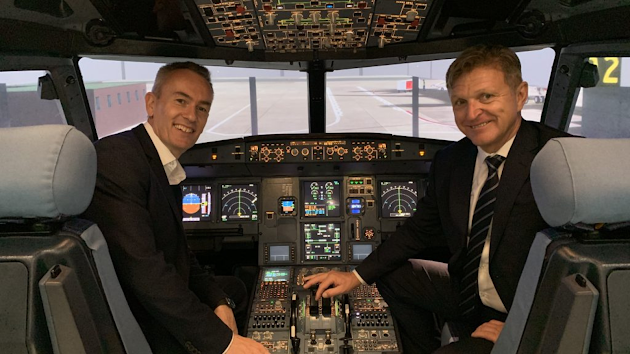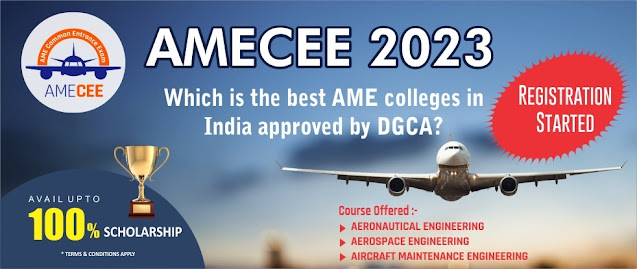What Is DGCA In Aircraft Maintenance Engineering?
DGCA stands for the Directorate General of Civil Aviation, and it is the national aviation authority in many countries, responsible for regulating civil aviation activities. The specific responsibilities and functions of DGCA may vary from one country to another, but generally, it is tasked with ensuring the safety, security, and efficiency of civil aviation operations.
In the context of Aircraft Maintenance
Engineering (AME), DGCA plays a crucial role in regulating and overseeing the
maintenance practices and standards within the civil aviation sector. Aircraft
Maintenance Engineering involves the inspection, maintenance, repair, and
certification of aircraft to ensure they are airworthy and safe for flight.
DGCA typically establishes and enforces
regulations and guidelines related to aircraft maintenance, licensing of
maintenance personnel (such as AME license), and the approval of maintenance
organizations. Individuals pursuing a career in Aircraft Maintenance
Engineering often need to adhere to DGCA regulations, obtain the necessary
licenses, and undergo training programs approved by the aviation authority.
In summary, DGCA is a regulatory body that
oversees and regulates various aspects of civil aviation, including aircraft
maintenance, to ensure the highest standards of safety and compliance within
the aviation industry.
To join the Aircraft
Maintenance Engineering course, you could through AME
CEE an entrance exam for aviation aspirants.
Here are the steps to enroll in the AME
CEE entrance exam…
Step 1. Visit the amecee.in
website,
Step 2. Click on the “Apply now” button
Step 3. Complete the AME CEE Exam 2024
registration process, including personal and additional details.
Step 4. Proceed to make the payment.
Step 5. Upon successful payment, you will
receive a receipt as an acknowledgment to your registered email address.















